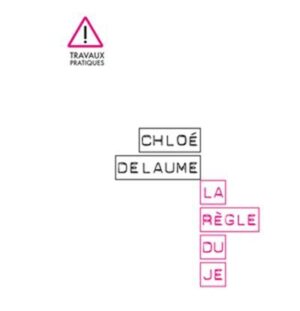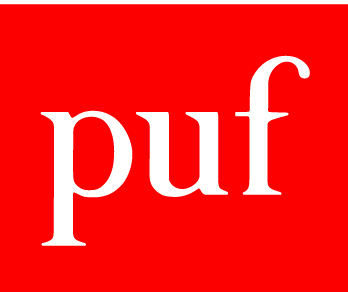
Chloé Delaume, one of the most important novelists of the young generation, decides to take the bull by the horns. Debates about autofiction have continued to reduce the practice to that of a literary form of narcissism. It is true that many established practitioners of autofiction indulge in it. However, it is enough to consider again the history of literature to note that it is confused with autofiction: from Madeleine de Scudéry to Boris Vian, from Jean-Jacques Rousseau to Jean-Jacques Schuhl, from Arthur Rimbaud to Pierre Guyotat, literature has always been an invention of the self. That this Self has nothing to do with the author’s own person is what makes autofiction so paradoxical, and so ironic. Far from being only the mirror of tiny egos, autofiction—or rather, as Chloé Delaume prefers to say, “self-realism”, or “psychofiction”—is a way of refusing the compartmentalizations that critics, the University or a certain good taste like to introduce between author, narrator, character and reader. In this sense, autofiction represents first of all the political dimension of all literature: in it is played a new way of organizing these partitions—a subversive way, from which no “I” comes out unscathed. In the course of her investigation in the direction of the new “I” invented by autofiction, Chloé Delaume dialogues with the greatest authors, the greatest critics and the greatest philosophers of the moment: where one will discover that no one can say he is absolved of the self-realist sin.
